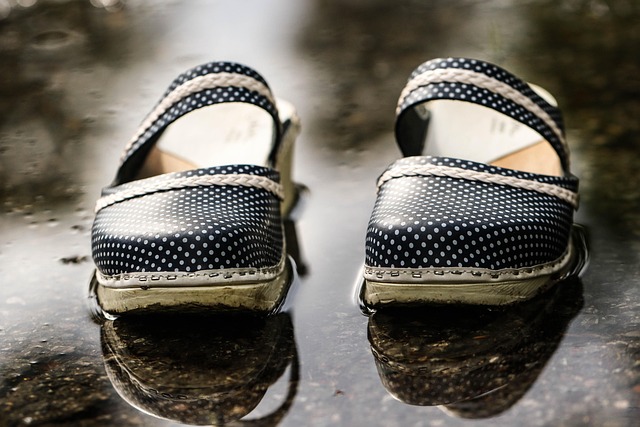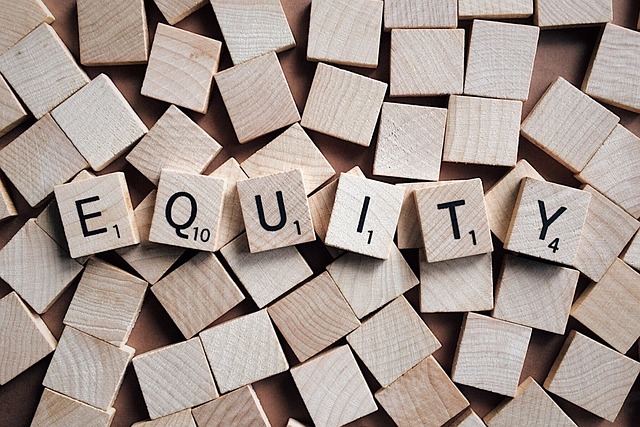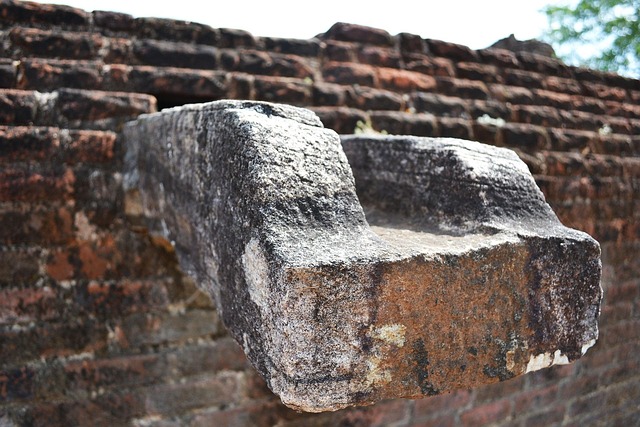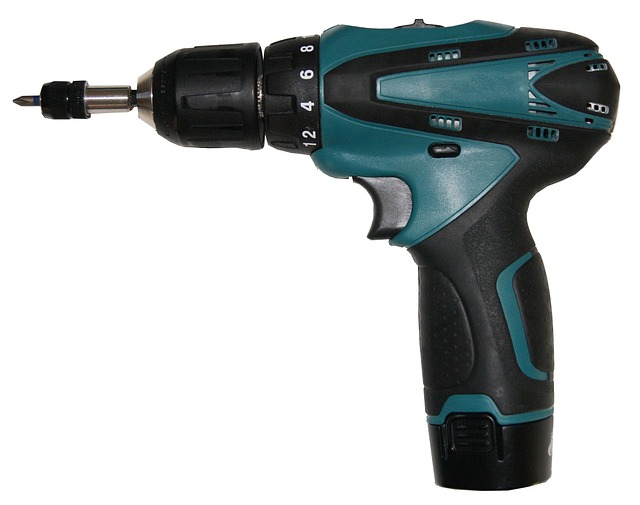Monthly Ritual: Natural Unclogging Power of Salt & Vinegar

A natural unclogging solution of equal parts salt and vinegar effectively breaks down grease, soap s…….
We are At Your Service
In the bustling city of Eugene, Oregon, homeowners often face a common household dilemma—clogged drains. This issue, while seemingly minor, can lead to significant disruptions and discomfort. However, fear not! This article aims to empower residents with an extensive toolkit for tackling clogged drains using DIY (Do-It-Yourself) methods. We will explore various techniques, delve into the underlying principles, and provide a comprehensive understanding of this practical skill. By the end, readers will be equipped to handle drain clogs efficiently and effectively, saving time, money, and potentially avoiding the need for professional services.
DIY solutions for clogged drains refer to a set of methods and tools used by homeowners or tenants to unclog and maintain household drainage systems without professional intervention. These solutions typically involve a combination of physical clearing techniques, chemical cleaners, natural remedies, and prevention strategies. The core components include:
The practice of DIY home repairs has a rich history, with roots tracing back to early settlement times when individuals relied on their skills and knowledge for survival. In the context of clogged drains, homeowners have long resorted to creative solutions, sharing tips and tricks across communities. Today, with rising costs and a growing preference for self-reliance, DIY drain cleaning has become increasingly popular. It empowers individuals to take control of their homes, save costs, and gain valuable skills.
In Eugene, a city known for its vibrant community and eco-conscious residents, the focus on sustainable living extends to home maintenance. DIY solutions align with this mindset, promoting environmentally friendly methods and fostering a sense of self-sufficiency.
The concept of DIY drain cleaning has transcended national borders, becoming a global phenomenon. While traditional methods vary across cultures, the general idea of homeowners taking charge of their drainage systems is universally recognized. Here’s a glimpse into some international trends:
| Region | Popular Methods | Unique Considerations |
|---|---|---|
| North America | Chemical drain openers, plungers, snaking | Strict regulations on toxic chemicals; emphasis on eco-friendly products |
| Europe | Manual methods, enzymatic cleaners | Strict environmental laws; focus on sustainable solutions |
| Asia | Traditional methods with modern twists, chemical cleaners | Rapid urbanization leading to increased demand for efficient, quick-fix solutions |
| Latin America | Community-driven knowledge sharing, natural remedies | Limited access to professional services; emphasis on affordable solutions |
These trends showcase the adaptability and cultural significance of DIY drain cleaning worldwide. Eugene, as part of this global community, is influenced by these international practices while maintaining its unique eco-conscious approach.
The DIY drain cleaning market is a significant segment within the broader home maintenance industry. Several economic factors shape this landscape:
Technology plays a pivotal role in enhancing DIY drain cleaning capabilities:
Local governments in Oregon, including Eugene, play a crucial role in regulating plumbing practices to ensure safety and health standards. Key policies and regulations include:
While DIY drain cleaning offers numerous benefits, it also presents several challenges:
Actionable Solutions:
Location: West Eugene, Oregon.
Challenge: A family living in an older home experienced frequent clogs due to tree roots infiltrating the sewer line. Professional cleaning was costly and frequent.
Solution: The homeowner researched natural remedies and invested in a high-quality drain snake. They scheduled regular maintenance and used organic, enzyme-based cleaners. Additionally, they planted native, root-friendly plants to prevent future infiltration.
Outcome: After implementing these DIY strategies, the family noticed a significant reduction in clogs, saving them over $1000 in professional services during the first year. The eco-friendly methods also aligned with their values, fostering a sense of sustainability within their household.
Location: Downtown Eugene, Oregon.
Challenge: A group of university students rented an apartment and frequently encountered clogged drains due to improper disposal of grease and food waste.
Solution: They installed drain covers in the kitchen and bathrooms to catch hair and solid debris. The tenants also created a shared messaging system to quickly address clogs and maintain a clean environment. They regularly flushed hot water down the drains to prevent buildup.
Outcome: By adopting these simple preventive measures, the students significantly reduced the occurrence of clogs, fostering a sense of community and responsibility among roommates. The collective effort saved them time and money compared to calling a plumber frequently.
The DIY drain cleaning market is poised for growth, driven by several emerging trends:
DIY solutions for clogged drains offer a practical, cost-effective, and environmentally conscious approach to household maintenance. By understanding the core principles, employing appropriate techniques, and staying informed about technological advancements, residents of Eugene can effectively manage their drainage systems. This article has provided valuable insights into the world of DIY drain cleaning, empowering readers with the knowledge to take charge of their home’s plumbing health.
Q: Can I always fix a clogged drain using DIY methods?
A: Absolutely! Many minor clogs can be cleared using basic tools and natural remedies. However, if the issue persists or you encounter severe clogs, it’s best to consult a professional plumber to avoid further damage.
Q: Are chemical drain cleaners safe for pipes?
A: When used correctly and in accordance with instructions, chemical drain openers are generally safe for pipes. Yet, overuse or misuse can lead to pipe corrosion. Always follow safety guidelines and consider eco-friendly alternatives when possible.
Q: How often should I perform DIY drain maintenance?
A: Regular maintenance varies depending on your lifestyle and home activities. As a general rule, inspect drains monthly and perform preventive measures like flushing hot water down the pipes every few months to prevent buildup.
Q: Can I unclog a drain using only natural remedies?
A: Yes, natural remedies like baking soda and vinegar mixtures, boiling water, or lemon juice can be highly effective for mild clogs. However, for severe cases, you might need more robust methods or professional assistance.

A natural unclogging solution of equal parts salt and vinegar effectively breaks down grease, soap s…….

Clogged pipes can disrupt daily life, with conventional methods offering temporary relief. A plumber…….

Homeowners often neglect drain stopper maintenance, leading to clogs from hair, soap scum, and greas…….

This text introduces a creative, eco-conscious cleaning method using wire hangers, baking soda, and…….

While chemical drain cleaners provide swift unclogging, they pose significant health and environment…….

Organic clogs in drains, caused by grease, food scraps, and hair, are common. Enzymatic cleaners, wh…….

Regular drain cleaning prevents clogs and maintains plumbing efficiency. Use tools like plungers, sn…….

Pressure washers are a highly effective and eco-friendly solution for outdoor drain cleaning, especi…….